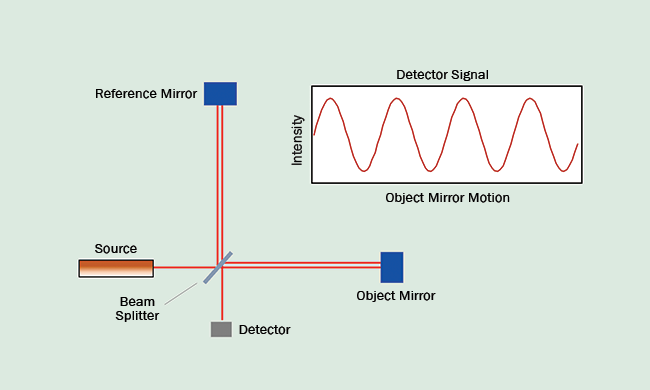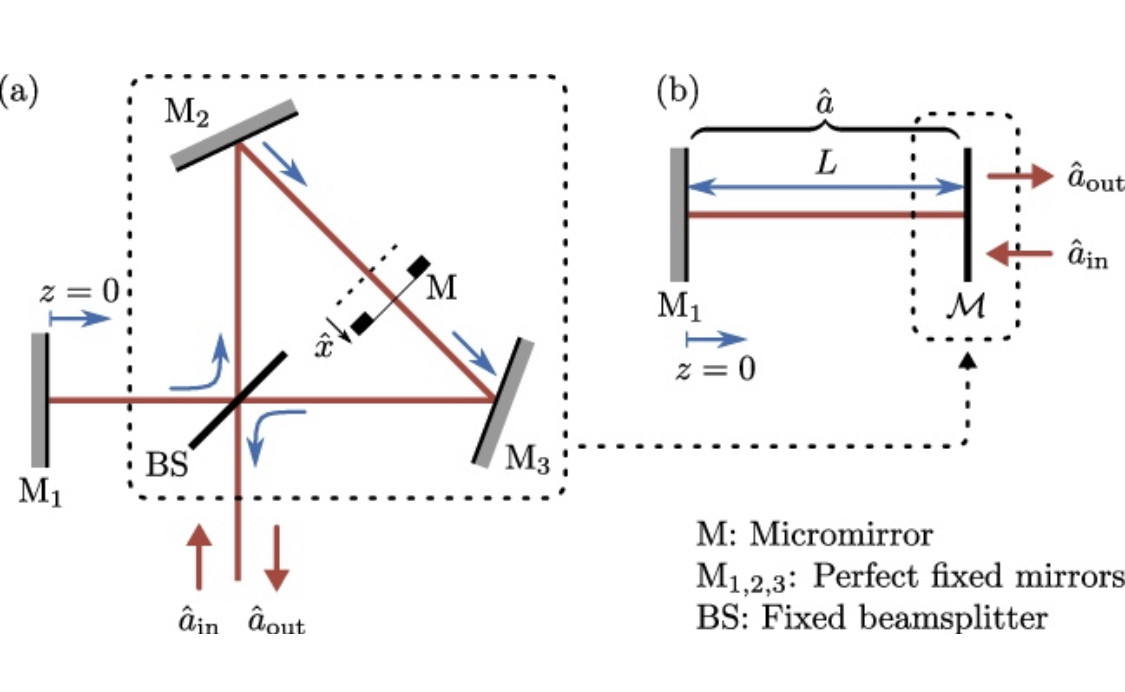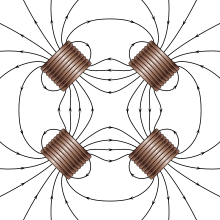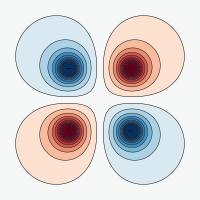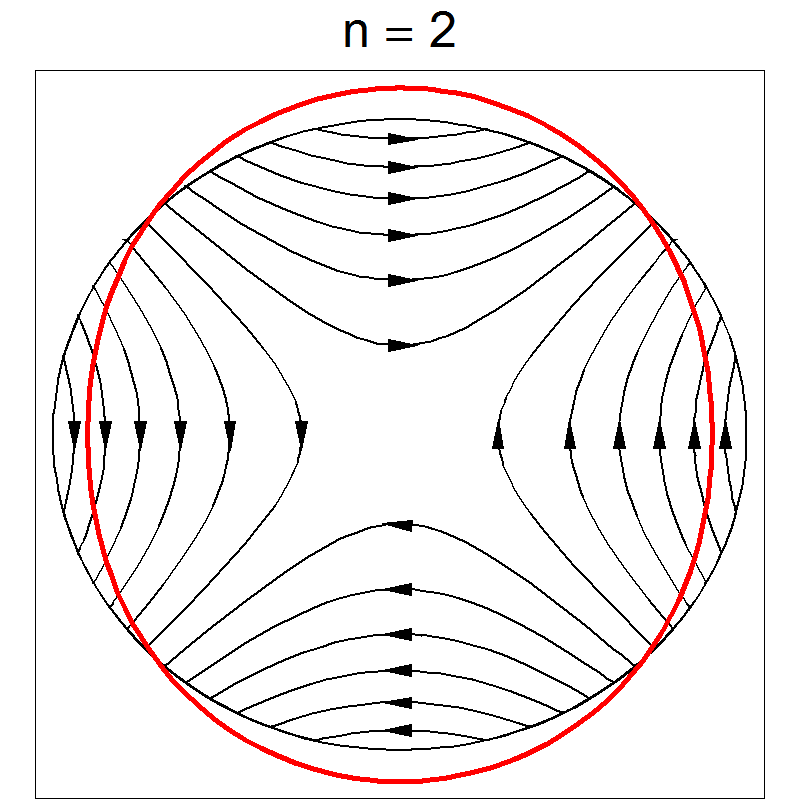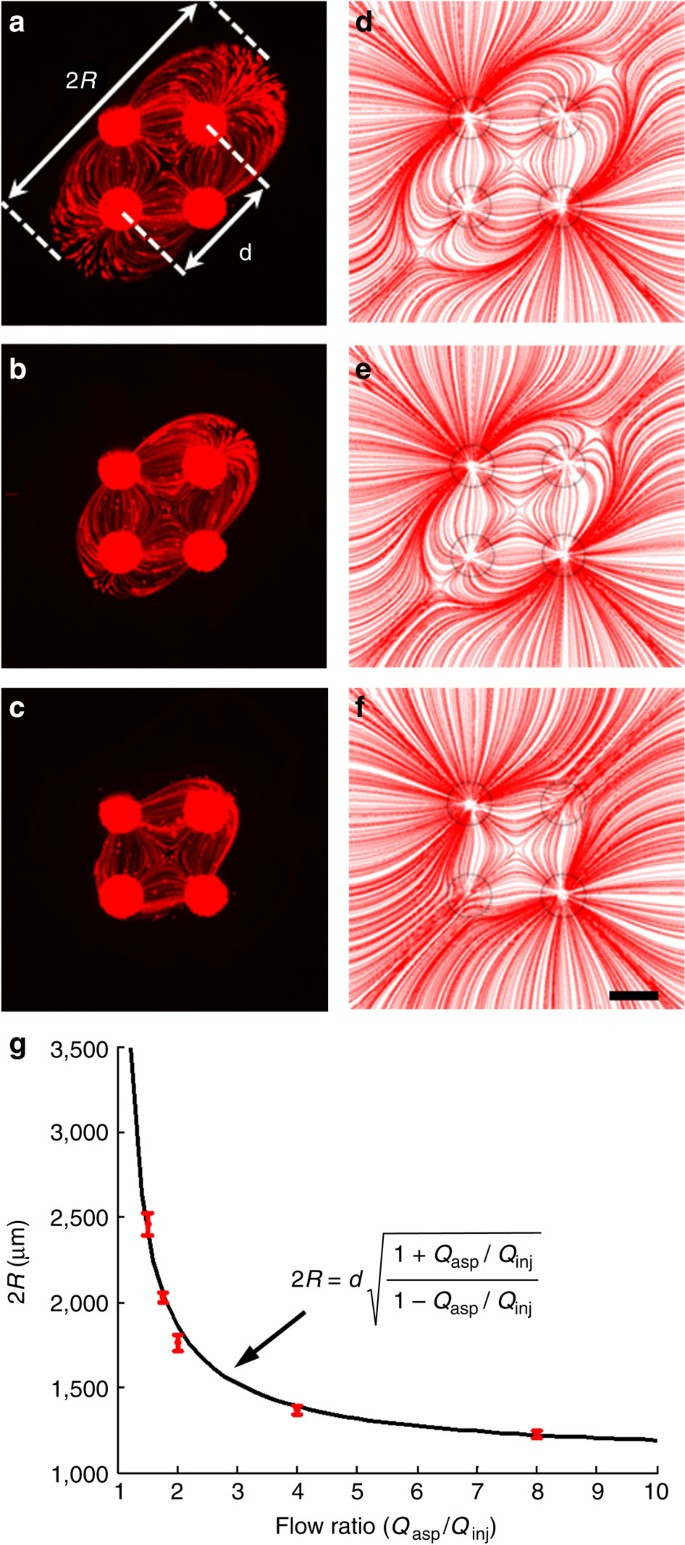The Mac
@TheMac
10 April, 12:27
mouth
Origin
Old English mūth, of Germanic origin; related to Dutch mond and German Mund, from an Indo-European root shared by Latin mentum ‘chin’.
Origin
Old English mūth, of Germanic origin; related to Dutch mond and German Mund, from an Indo-European root shared by Latin mentum ‘chin’.
Notice: Undefined index: tg1tga_access in /home/admin/www/anonup.com/themes/default/apps/timeline/post.phtml on line 396
Linda Moore
@mykismet06350
10 April, 12:40
In response The Mac to his Publication
Jas 3:3 Behold, we put bits G5469 in the horses' mouths, that they may obey us; and we turn about their whole body.
khal-ee-nos'; from G5465; a curb or head-stall (as curbing the spirit):—bit, bridle.
khal-ee-nos'; from G5465; a curb or head-stall (as curbing the spirit):—bit, bridle.
Notice: Undefined index: tg1tga_access in /home/admin/www/anonup.com/themes/default/apps/timeline/post.phtml on line 396
Linda Moore
@mykismet06350
10 April, 12:49
In response Linda Moore to her Publication
G4750
stom'-a; mouth-the mouth, as part of the body: of man, of animals, of fish, etc.
since thoughts of a man's soul find verbal utterance by his mouth, the "heart" or "soul" and the mouth are distinguished
the edge of a sword
Sword/Words
stom'-a; mouth-the mouth, as part of the body: of man, of animals, of fish, etc.
since thoughts of a man's soul find verbal utterance by his mouth, the "heart" or "soul" and the mouth are distinguished
the edge of a sword
Sword/Words
Notice: Undefined index: tg1tga_access in /home/admin/www/anonup.com/themes/default/apps/timeline/post.phtml on line 396
The Mac
@TheMac
10 April, 03:35
In response Linda Moore to her Publication
Natural frequency, also known as eigenfrequency, is the frequency at which a system tends to oscillate in the absence of any driving or damping force.
The motion pattern of a system oscillating at its natural frequency is called the normal mode (if all parts of the system move sinusoidally with that same frequency).
If the oscillating system is driven by an external force at the frequency at which the amplitude of its motion is greatest (close to a natural frequency of the system), this frequency is called resonant frequency.
The motion pattern of a system oscillating at its natural frequency is called the normal mode (if all parts of the system move sinusoidally with that same frequency).
If the oscillating system is driven by an external force at the frequency at which the amplitude of its motion is greatest (close to a natural frequency of the system), this frequency is called resonant frequency.
Notice: Undefined index: tg1tga_access in /home/admin/www/anonup.com/themes/default/apps/timeline/post.phtml on line 396
The Mac
@TheMac
10 April, 03:36
In response The Mac to his Publication
Crossed S W or Ds
Notice: Undefined index: tg1tga_access in /home/admin/www/anonup.com/themes/default/apps/timeline/post.phtml on line 396
The Mac
@TheMac
10 April, 03:39
In response The Mac to his Publication
Notice: Undefined index: tg1tga_access in /home/admin/www/anonup.com/themes/default/apps/timeline/post.phtml on line 396
The Mac
@TheMac
10 April, 03:40
In response The Mac to his Publication
Bidirectional ringing?
Notice: Undefined index: tg1tga_access in /home/admin/www/anonup.com/themes/default/apps/timeline/post.phtml on line 396
Linda Moore
@mykismet06350
10 April, 04:31
In response The Mac to his Publication
Ringing-G1837 exēchéomai, ex-ay-kheh'-om-ahee; middle voice from G1537 and G2278; to "echo" forth, i.e. resound (be generally reported):—sound forth.
1Th 1:8 And now the word of the Lord is ringing out from you to people everywhere, even beyond Macedonia and Achaia, for wherever we go we find people telling us about your faith in God. We don’t need to tell them about it,
"to sound, roar" (compare Old English bellan "to roar," and see bellow).
fom def.above G2278-in the following manner: roaring sounding
1Th 1:8 And now the word of the Lord is ringing out from you to people everywhere, even beyond Macedonia and Achaia, for wherever we go we find people telling us about your faith in God. We don’t need to tell them about it,
"to sound, roar" (compare Old English bellan "to roar," and see bellow).
fom def.above G2278-in the following manner: roaring sounding
Notice: Undefined index: tg1tga_access in /home/admin/www/anonup.com/themes/default/apps/timeline/post.phtml on line 396
The Mac
@TheMac
10 April, 05:07
In response Linda Moore to her Publication
fourth (third-person singular simple present fourths, present participle fourthing, simple past and past participle fourthed)
(informal) To agree with a proposition or statement after it has already been thirded.
(informal) To agree with a proposition or statement after it has already been thirded.
Notice: Undefined index: tg1tga_access in /home/admin/www/anonup.com/themes/default/apps/timeline/post.phtml on line 396
The Mac
@TheMac
10 April, 05:08
In response The Mac to his Publication
Notice: Undefined index: tg1tga_access in /home/admin/www/anonup.com/themes/default/apps/timeline/post.phtml on line 396
The Mac
@TheMac
10 April, 05:08
In response The Mac to his Publication
Notice: Undefined index: tg1tga_access in /home/admin/www/anonup.com/themes/default/apps/timeline/post.phtml on line 396
Only people mentioned by TheMac in this post can reply
The Mac
@TheMac
10 April, 05:09
In response The Mac to his Publication
Notice: Undefined index: tg1tga_access in /home/admin/www/anonup.com/themes/default/apps/timeline/post.phtml on line 396
The Mac
@TheMac
10 April, 05:09
In response The Mac to his Publication
Notice: Undefined index: tg1tga_access in /home/admin/www/anonup.com/themes/default/apps/timeline/post.phtml on line 396

